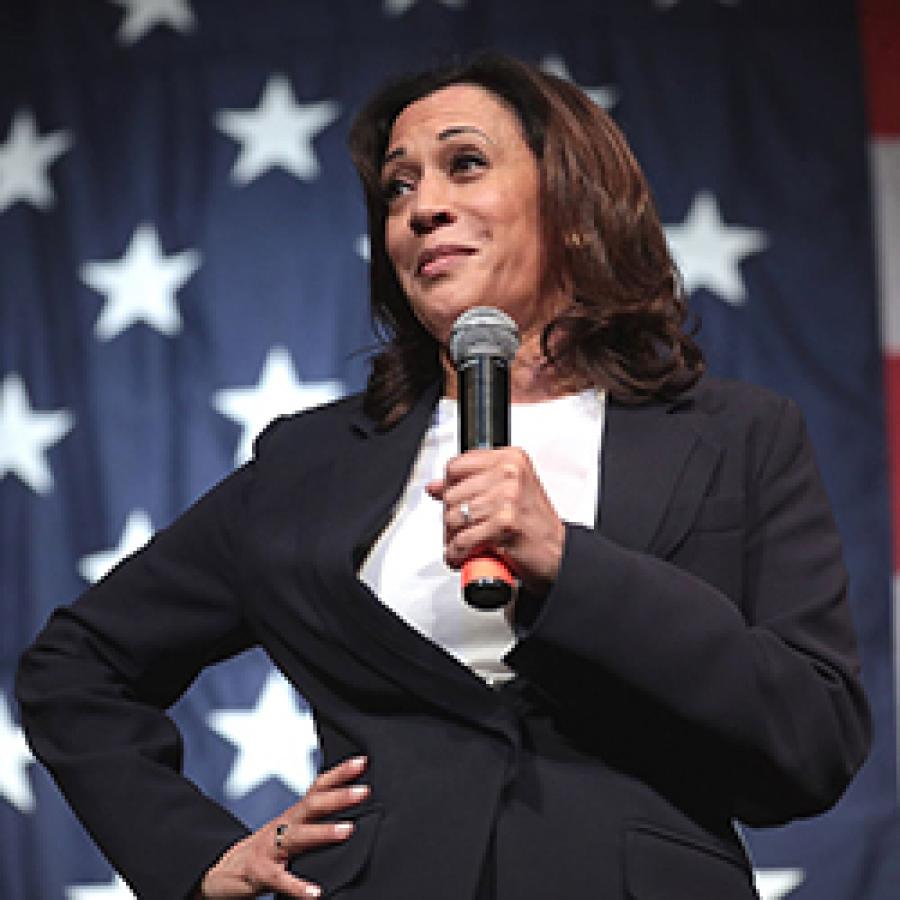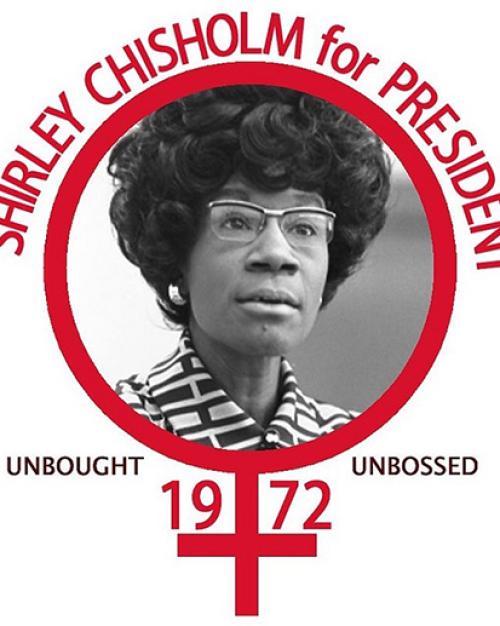When Africana Studies professor Carole Boyce-Davies developed her Black Women and Political Leadership course in 2017, she knew she was expanding into relatively untouched territory.
“I thought the question of Black women in politics had not been explored substantially,” Boyce-Davies said. “This gave me the idea for the course – to study Black women’s writing on political leadership, to hear their stories in their own words and discuss how they fight for change.”
Now, students from the class will be presenting their work Nov. 30 during an online event hosted by the Shirley A. Chisholm Center for Equity Studies at SUNY Empire State College. They are also interviewing Black women leaders and presenting those interviews in a podcast in December.
The seminar is pioneering in its own right and its topic ever timely as Kamala Harris’ — of Afro-Caribbean and South Asian descent — is the first Black woman to become vice president-elect.
Students in the class actually heard from Harris at a roundtable at Florida Memorial University Sept. 10 via Zoom.
“We were fortunate to read her autobiography, ‘The Truths We Hold,’ in the same time frame. At the following class, we assessed what worked and what we would do differently if we were working with the Biden-Harris campaign,” Boyce-Davies said.
Now in its third iteration, the class examines autobiographies of many political figures such as Shirley Chisholm, Ellen Johnson Sirleaf and Benedita da Silva.
“The first part of the semester consists of professor-led lectures which present relevant historical and theoretical issues that inform student analyses of the autobiographies in the second half,” Boyce-Davies said. “These analyses are group presentations. Students go in-depth into the various issues surrounding a particular Black woman political leader's story, using as much supplemental material available to develop their presentations.”
By including guest speakers in the seminar’s discussions, Boyce-Davies prepares students for their interviews to come. Students are encouraged to read up on guests and ask insightful questions to each visitor.
Featured guest speakers for the course come from across the globe. Diane Abbott, member of parliament for Hackney North and Stoke Newington in London, visited with students Oct. 1. Siga Jallow, a Cornell alumna and director of gender at the Economic Community of West Africa (ECOWAS), told the class about her work alongside social and gender issues in countries such as Niger and Nigeria during her visit on Oct. 20.
Jallow offered guidance on how to unite groups for women’s rights.
“We have to use our tongues in ways that change people’s lives. In this world, we should always be thinking about how conversation can open up our eyes,” Jallow said. “The medicine for people is people. We need to make time for others and start seeing ourselves as game changers.”
As their final project, students interview Black women leaders and present their findings in a podcast – a format that was adopted by Boyce-Davies in the seminar’s second year.
In 2017, students were only asked to present their interviews in class.
“What I discovered in that process was that students were doing a lot of amazing work, but there wasn’t any way to re-engage with it again. The podcasts allow these interviews to remain present and accessible in the future,” Boyce-Davies said.
Current undergraduate teaching assistants and former students Bryeson Henry ’21 and Amina Kilpatrick ’21 found the podcast experience rewarding. This year, they act as guides on the process for the current class.
“It allowed us to add our own voice to this larger conversation in an important, contemporary medium,” Henry said. “Having this opportunity led me to take in media like never before.”
In her podcast, Kilpatrick interviewed New York State assembly member Pamela J. Hunter, D-128th Dist.
“The podcasts put a lot of the class discussions into practice. We often talk about what does political leadership mean and what are the common issues Black women face specifically,” Kilpatrick said. “The richness of these interviews is made possible by the diversity of the class. We have people of different interests and backgrounds – all which are reflected in the quality of the podcasts.”
Students aren’t the only ones gaining from the podcasts. The assignment is also an opportunity for the interviewed leaders to reflect on themselves.
“Black women who are in political leadership are often so busy being path-breakers and space-makers. For them to have the chance to stop and reflect is a benefit not only to the students but to the women as well. They get to think about the significance of their work and how it relates to their communities,” Boyce-Davies said.
Podcasts from Fall 2019 can be found on the blog “Black Women Lead.” Fall 2020 student work will also be available on that blog at the end of the semester.
Listeners can expect to learn more about the breadth and depth of Black women’s contributions to politics.
“We want to multiply the effect of Black women’s leadership and show that this is an important area of research,” Boyce-Davies said. “We are at the beginning of what will become a larger field of study.”
Amaris Janel Henderson is a communications assistant for the College of Arts and Sciences.





